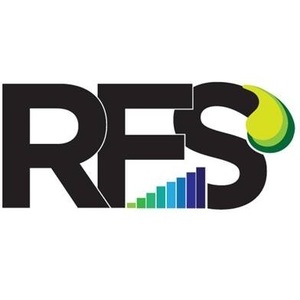EPA releases data on small refinery hardship waivers




September 20, 2018
BY Erin Voegele
Advertisement
Advertisement
Related Stories
Valero Energy Corp. on April 25 announced that its SAF project in Texas is progressing ahead of schedule and expected to be operational this year. The company also reported its ethanol and renewable diesel operations were profitable during Q1.
The American Transportation Research Institute on April 23 released a new report that analyzes the benefits of employing renewable diesel (RD) as an alternative to battery electric vehicle (BEV) trucks.
The Transport Project and Coalition for Renewable Natural Gas (RNG Coalition) on April 24 announced that 79%of all on-road fuel used in natural gas vehicles in calendar year 2023 was RNG surpassing the previous year’s record-breaking level.
Vertimass on April 23 announced that the U.S. EPA has approved registration for blending up to 20% of Vertimass green gasoline with conventional gasoline. This new renewable gasoline product, VertiGas20, is made from renewable ethanol.
TotalEnergies and Vanguard Renewables have signed an agreement to create an equally owned joint venture (JV) to develop, build, and operate RNG projects in the U.S. The JV plans to advance 10 RNG projects to construction over the next 12 months.





